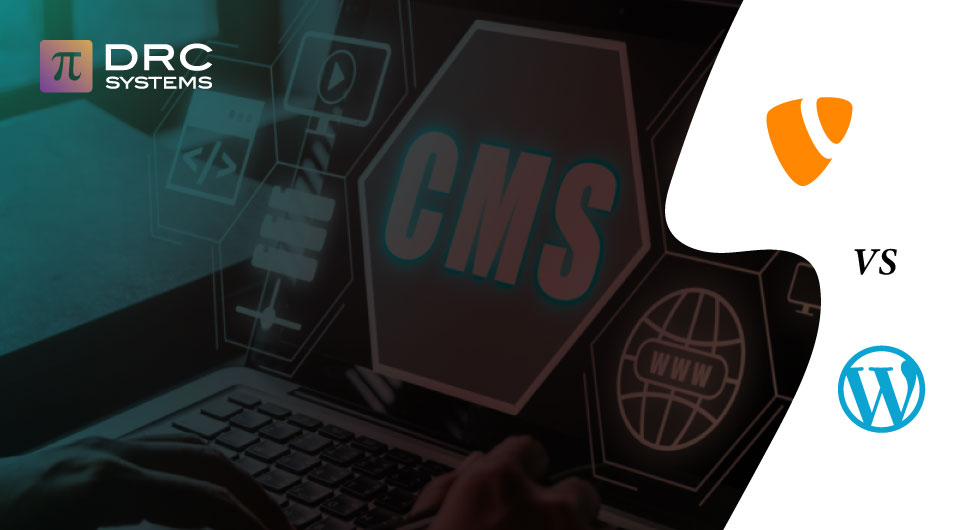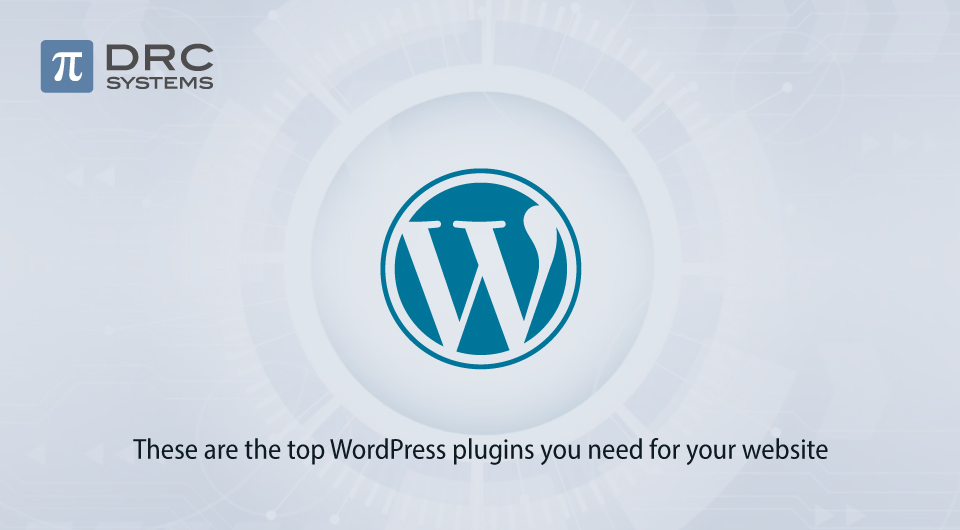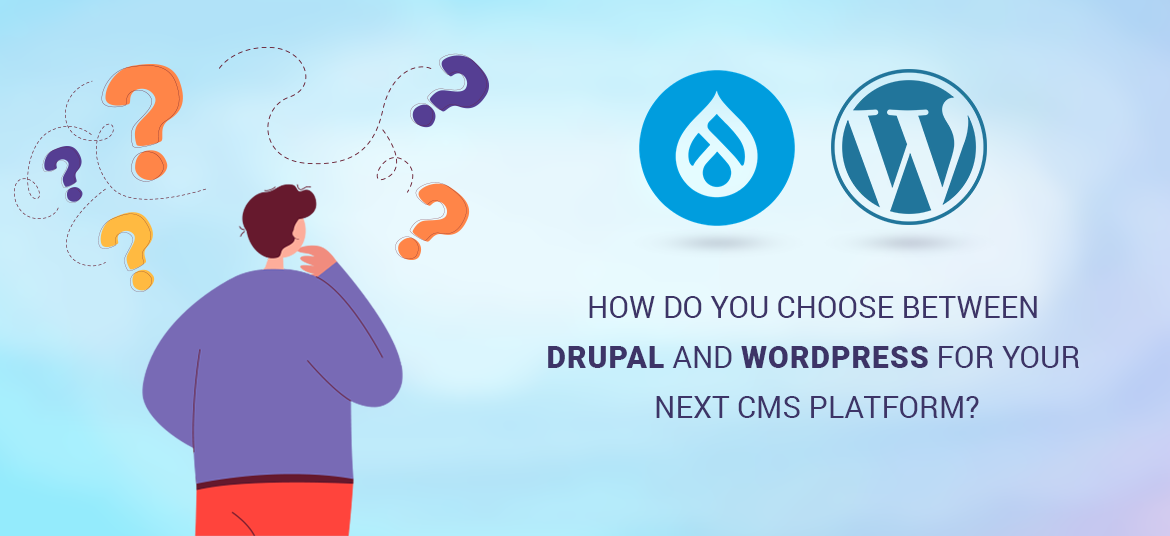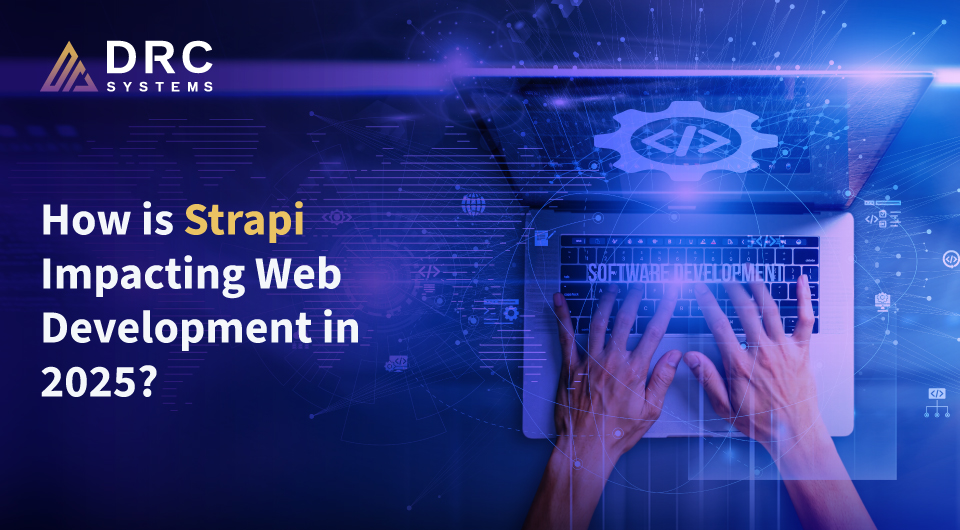Related Articles
These are the Top WordPress Plugins you need for your website
Before building your WordPress website, explore these essential plugins that enhance functionality, performance, and user experience. Here’s our curated list of the top WordPress plugins.
Read The PostHow to Choose Between Drupal and WordPress for Your Next CMS Platform.
A comparison of Drupal and WordPress to help you determine the best CMS for your needs.
Read The PostHow Strapi Headless CMS is Changing Modern Web Development
Headless CMS is the new trending technological trend that businesses are looking for to implement in their systems. It implies…
Read The Post


